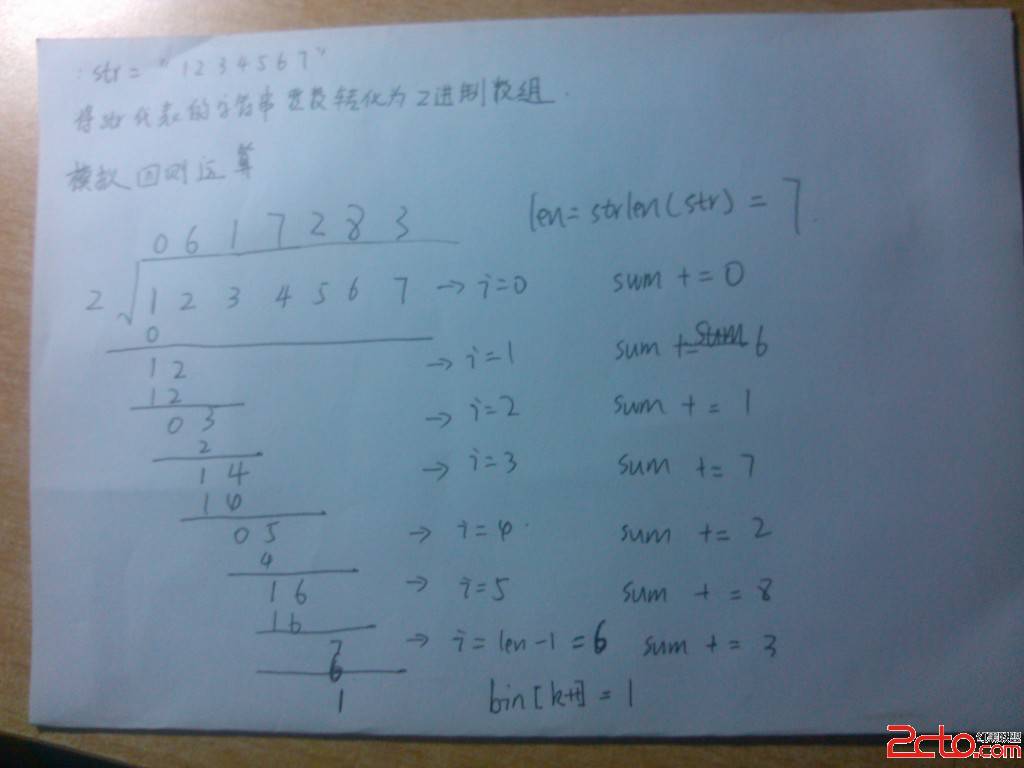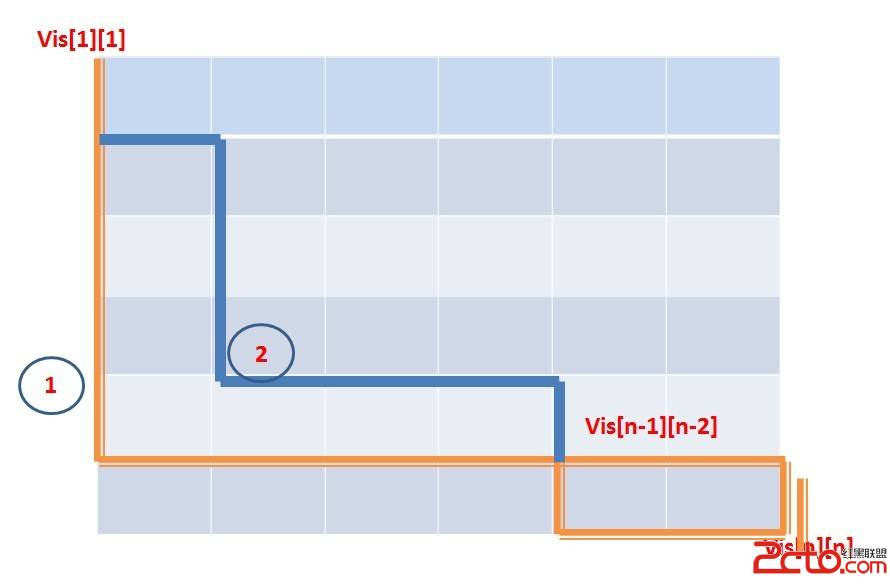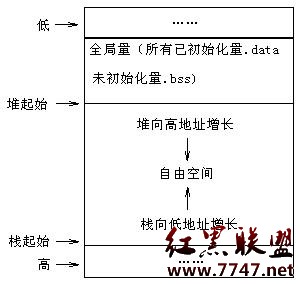句柄类的应用中减少重复编译的方法
我们知道,当一个源文件所依赖的头文件被修改时,这个源文件需要被重新编译(易碎的基类问题),为了能讲述我将说明的这个方法,我们先来看看一个简单的例子,其代码如下:
view plain
//head.h
struct A
{ int i;};
class B
{
A* a;
public:
B(int n = 0);
void show();
~B();
};
//head.cpp
#include "head.h"
#include <iostream.h>
B::B(int n)
{
a = new A;
a->i = n;
}
void B::show()
{
cout << a->i;
}
B::~B()
{
delete a;
}
//main.cpp
#include <iostream>
#include "head.h"
using namespace std;
int main()
{
B b(1);
b.show();
return 1;
}
如果我们要修改结构体A,比如我们需要对A添加一个成员变量,这时候head.h改变了,从而包含了它的head.cpp和main.cpp都需要重新编译
我们知道类B是一个包装了类A的句柄类,对于这种形式,如何修改代码使得修改A的定义时能减少重新编译呢?
观察head.h,我们发现在B的申明过程中并不需要完全定义类A,利用这点我们可以稍微修改下代码,修改后的代码如下:
//head.h
class B
{
struct A;//不完整的类类型说明
A* a;
public:
B(int n = 0);
void show();
~B();
};
//head.cpp
#include "head.h"
#include <iostream.h>
struct B::A //A的完全定义
{
int i;
};
B::B(int n)
{
a = new A;
a->i = n;
}
void B::show()
{
cout << a->i;
}
B::~B()
{
delete a;
}
//main.cpp
#include <iostream>
#include "head.h"
using namespace std;
int main()
{
B b(1);
b.show();
return 1;
}
这样修改后,如果我们需要修改A的定义,我们只需要修改head.cpp,从而可以避免main.cpp需要重新定义
总结:如果我们的系统中存在有句柄类,并且系统非常大,则我们可能需要这种所谓的奇技易做图巧来避免编译时间过多
作者 yucan1001
补充:软件开发 , C语言 ,




